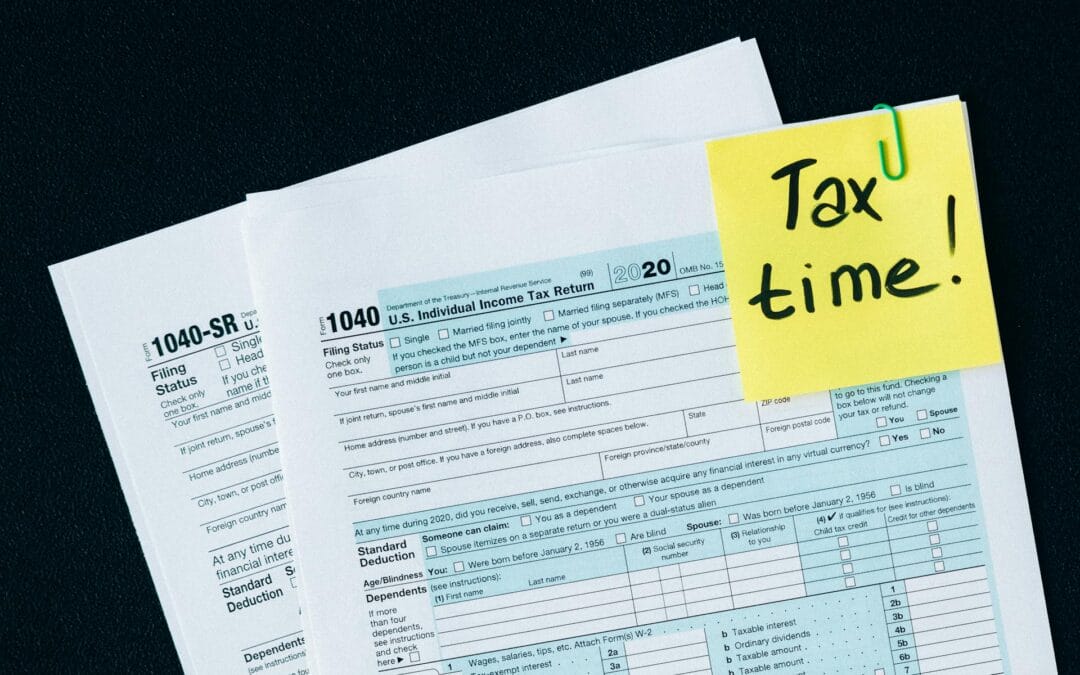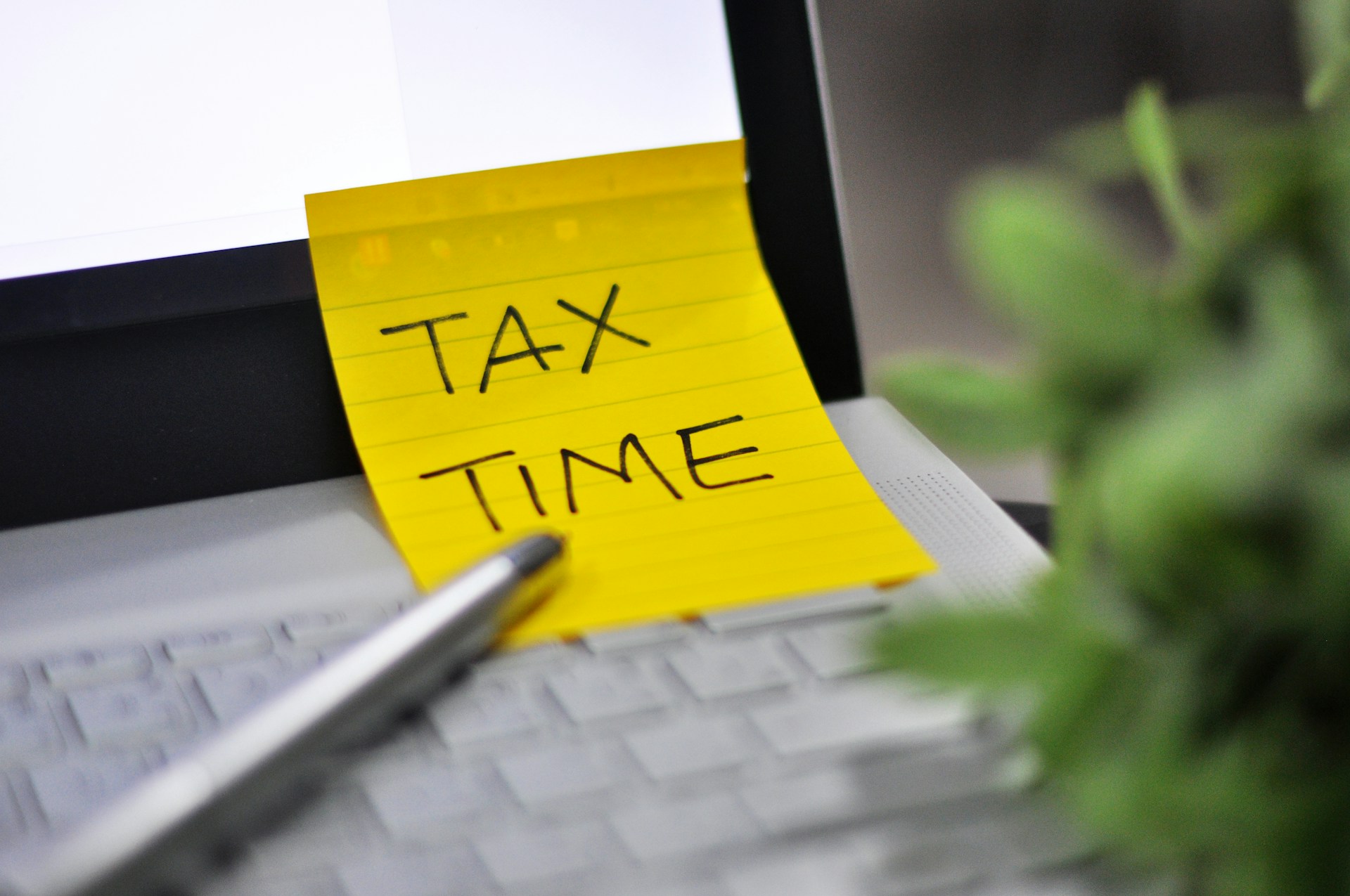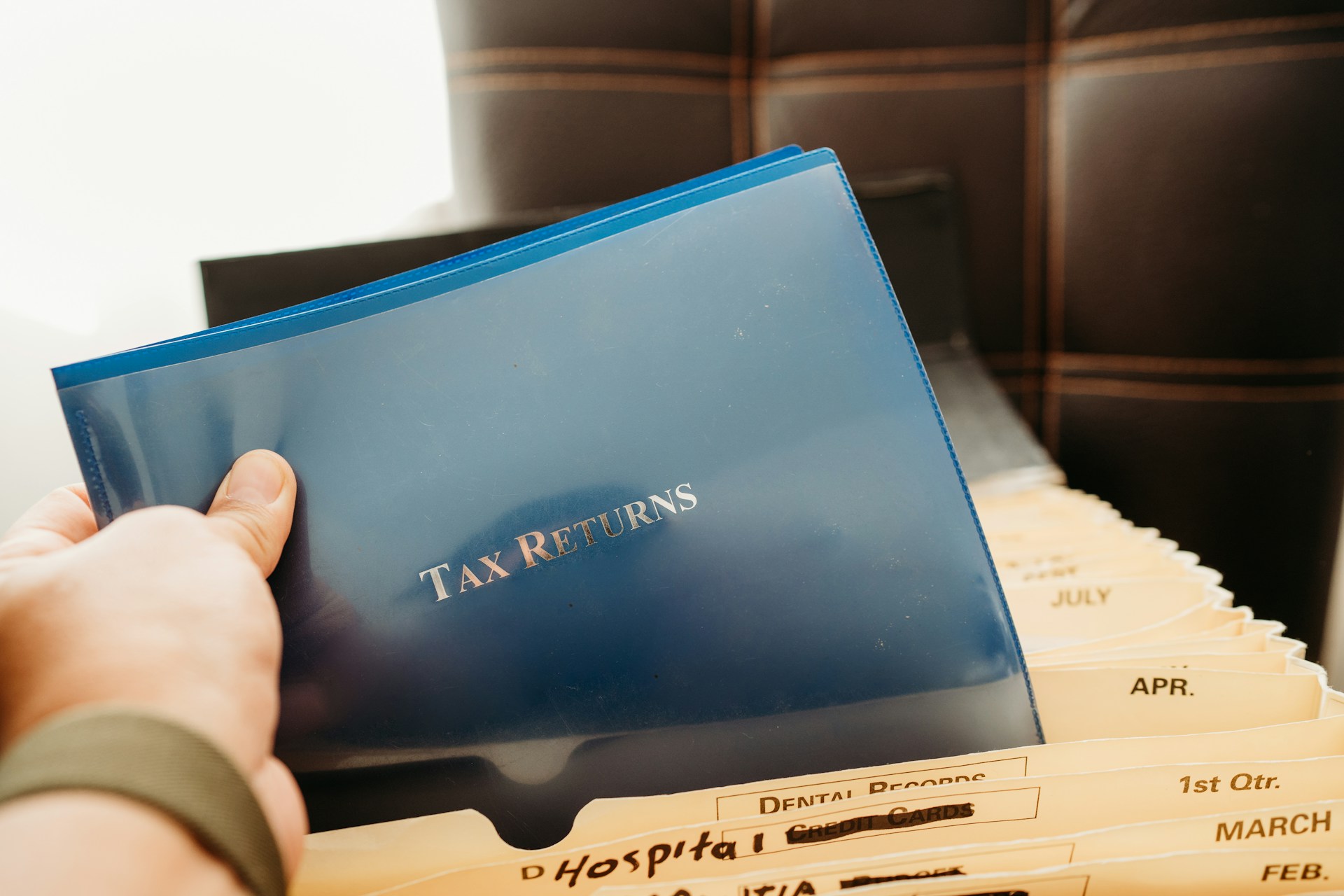Being self-employed has its perks. You can set your hours, choose your clients, and build something that’s truly your own. But when tax season shows up, things can get complicated quickly. Unlike a typical employee who gets a W-2 and has taxes taken out automatically, self-employed workers are responsible for tracking income, expenses, and estimated payments all on their own. It’s a lot of responsibility, especially when mistakes can lead to extra taxes or audits you didn’t expect.
Tax returns for self-employed people aren’t just about filling out forms. They involve knowing what counts as income, which deductions apply to your situation, and how much tax you’re supposed to pay through the year. Without some guidance, it’s easy to miss something important. That’s why getting expert help with individual tax preparation can make a big difference. Having someone who understands these filings can help you steer clear of avoidable trouble.
Understanding Common Self-Employed Tax Issues
It’s pretty easy to make mistakes when reporting your income and expenses if you’re self-employed. You don’t have an employer keeping track of it all for you, so the burden is on your shoulders to get it right. One of the most common problems is underreporting your income. This can happen if you forget to include payments from smaller jobs, cash earnings, or income through apps and platforms that don’t send you a 1099. Leaving out income, whether by accident or not, often triggers IRS attention.
Another big issue is missing or unorganized expense tracking. People often know they spent money on their business but didn’t keep clean records of it. Without receipts or a record-keeping system in place, it’s hard to prove those deductions. And if you get audited, you’ll be expected to back up what you claimed. Even everyday purchases like gas for client meetings or software subscriptions for invoicing can slip through the cracks if you’re not careful.
These are just a couple of the headaches that come up during tax time:
– Forgetting to track small gigs or side jobs that added up through the year
– Misclassifying business purchases that might raise red flags
– Not setting aside enough money for taxes along the way
– Mixing personal and business funds without separating expenses
These mistakes don’t always happen on purpose. Sometimes you just don’t know what counts or how to report something. But even honest errors can end up costing more than you’d expect.
Deductions And Credits Self-Employed Filers Often Miss
There are quite a few tax breaks available to self-employed people, but many end up skipping them just because they aren’t sure they qualify. Every dollar you claim in deductions directly lowers your taxable income, so missing those opportunities means you could be paying more than you need to.
For example, the home office deduction is one that’s often misunderstood. Some folks think if their workspace is part of a room rather than a whole room, they don’t qualify. Others hesitate to claim it because they worry it’ll prompt an audit. The truth is, if you use part of your home exclusively and regularly for work, you might qualify no matter the square footage.
Here are a few other tax breaks that self-employed individuals might miss:
– Mileage or travel expenses tied to business tasks
– Phone and internet usage connected to your work
– Office supplies or software subscriptions
– Contributions to self-employed retirement plans
– Health insurance premiums if you qualify
The tax system offers these deductions because running your own business includes real costs. But figuring out which ones apply to you often takes time and know-how. And when you don’t take the deductions you’ve earned, you end up with a higher tax bill. Getting help from someone who knows how to spot those deductions can keep more of your money in your pocket.
Navigating Quarterly Tax Payments Without the Stress
When you’re self-employed, there’s no paycheck with federal taxes taken out. So, you’re expected to pay as you go through the year. That’s where quarterly estimated tax payments come in. If you don’t stay on top of them, the penalties can stack up even before tax season gets here. These payments are usually due in April, June, September, and January, but if your income varies a lot, figuring out how much to pay at each deadline can get tricky.
Many self-employed folks fall into the trap of thinking they can catch up later. But the IRS doesn’t wait. Not paying enough throughout the year or missing deadlines entirely can lead to extra charges tacked onto your return. On the flip side, overpaying doesn’t help either. It just means giving up access to money that could have been used in your business or set aside for emergencies.
Some frequent missteps when it comes to quarterly taxes include:
– Forgetting to file a payment because you’re focused on client work
– Using income estimates that are way off, causing underpayment
– Thinking your income is too small to require estimated taxes
– Not adjusting payments as your business income grows
– Not realizing that even part-time freelance work might require them
Getting this process right can be harder than it looks on paper. When you have a tax professional helping you estimate the right amounts, plan ahead, and stay on schedule, it takes loads of pressure off your back. And if at any point you’re unsure whether you should be making payments or how much they should be, it’s better to find help than risk guessing wrong.
Why Guidance Makes a Big Difference
There’s a lot of freedom that comes with being self-employed in North Carolina, but handling taxes alone doesn’t have to be part of the deal. Between complex filing requirements, hard-to-spot deductions, and moving payment deadlines, your taxes can quickly get away from you. Bringing in help isn’t a sign that you can’t do it. It’s a smart step so you don’t miss out on money-saving opportunities or make mistakes that bring on unnecessary stress.
Professional support does more than just double-check your paperwork. A good tax preparer can find patterns in your income, help set up a record-keeping routine, and stop issues from snowballing into costly surprises. Whether it’s dealing with income from multiple sources, managing special industry deductions, or planning for large upcoming expenses, having someone experienced in self-employed returns can steer the whole process in a clearer direction.
Having a go-to expert also means you aren’t scrambling through forms or relying on last-minute searches every spring. With the right person handling your tax prep, you get a clearer picture of where your business stands and how to move forward with confidence.
Take Control of Your Self-Employed Taxes
Being your own boss comes with big wins, but it also brings new challenges each tax season. If you’ve dealt with surprise bills, missed deductions, or confusion about what counts and what doesn’t, you’re not alone. Many self-employed people in North Carolina feel overwhelmed during tax time, especially if the year included a few financial curveballs.
A professional eye on your tax return can help catch what you missed and fix what went sideways. From sorting through deductions to making sense of quarterly payments, expert support allows you to stop second-guessing every form. Better planning and clearer filing habits keep your taxes from becoming a yearly source of stress.
Preparing your return with guidance from someone who understands individual tax preparation makes a big difference. You can stay focused on doing what you love while someone else takes care of the parts you’d rather avoid. Let support carry the load, so tax season feels a little lighter and your results come out stronger.
Ready to take the stress out of tax season? Speedy Tax Preparation & Bookkeeping Service is here to help with individual tax preparation in Elizabethtown, North Carolina. Let us handle the tricky parts so you can stay focused on running your business with peace of mind.







